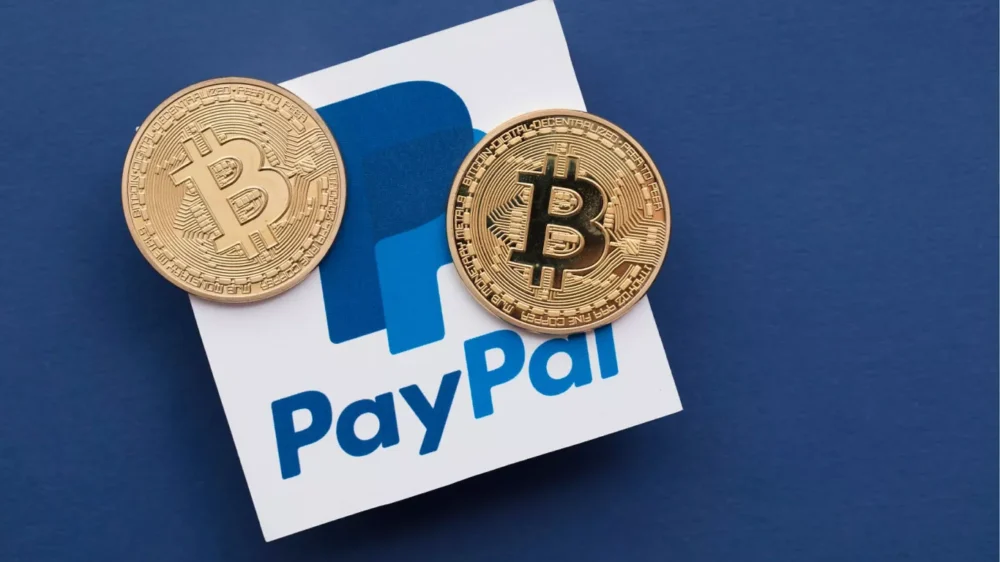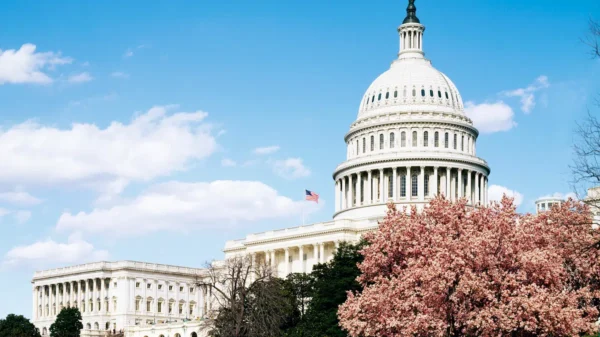Fintech leader PayPal Holdings (NASDAQ: PYPL) is diving deeper into the world of cryptocurrency.
On Monday, the company launched a new payment option that allows small businesses in the U.S. to accept over 100 cryptocurrencies. These include staples like Bitcoin and Ethereum but also quirky options like Trump’s memecoin and the novelty token Fartcoin.
Any business using PayPal’s online payments processing platform can opt into the feature, a company spokesperson confirmed. The rollout represents a significant step in PayPal’s effort to mainstream digital assets in everyday commerce.
Executive vice president of PayPal, Frank Keller, said the company will charge merchants a promotional fee of 0.99 per cent on crypto transactions for the first year.
After that, the fee will rise to 1.5 per cent. These rates are competitive; in 2024, U.S. businesses paid an average of 1.57 per cent in fees to credit card companies, according to the Nilson Report.
“There’s a worldview where you can imagine that the world is moving on chain,” Keller said.
“Is that happening overnight? No. Some people say long time periods. Other people say very short time periods. I think we will see movement.”
To facilitate transactions, PayPal will let users connect their existing crypto wallets at checkout. Depending on the wallet, PayPal will convert the cryptocurrency into dollars using either a centralized exchange like Coinbase or a decentralized one like Uniswap.
The proceeds will be converted first into PayPal’s own stablecoin, PYUSD, and then into U.S. dollars. Merchants will receive the final payment in dollars, eliminating the need to handle crypto directly.
Read more: Bitfarms gets $300M loan to diversify into high-performance computing
Read more: Alaska congressmen introduces new act to substantiate Bitcoin reserve
PayPal introduced crypto in 2020
This move marks PayPal’s latest push into the digital asset space. The company first entered crypto in 2020 when it allowed U.S. users to buy, sell, and hold a select group of cryptocurrencies. It later expanded those services to Venmo.
However, PayPal reduced its crypto marketing efforts during the 2022 “crypto winter,” a time of declining prices and regulatory uncertainty. Now, with the market recovering and a crypto-friendly Trump administration in place, PayPal is once again leaning in.
“Imagine a shopper in Guatemala buying a special gift from a merchant in Oklahoma City,” said PayPal president and CEO Alex Chriss. “Using PayPal’s open platform, the business can accept crypto for payments.”
In September, the company allowed merchants to buy, hold, and sell crypto through their business accounts. Additionally, PYUSD, launched in 2023, has seen significant growth. According to CoinGecko, its market capitalization has increased by about 70 per cent in 2025, reaching approximately USD$850 million.
PayPal eventually plans to expand this crypto payment capability to larger enterprise customers both in the U.S. and abroad. However, a spokesperson declined to give a timeline for that rollout.
The new initiative reflects PayPal’s broader vision of an open, borderless financial system powered by blockchain technology. By using crypto, businesses can reach customers globally without relying on traditional banking rails. For consumers, the option adds flexibility in how they spend digital assets they already hold.
In addition, the move positions PayPal as a leader among Fortune 500 companies embracing crypto. With stablecoins growing in popularity and blockchain infrastructure becoming more mature, PayPal is betting that merchants and customers are ready for the next phase of digital commerce.














